
Children will be given lessons in racial literacy from the age of four as part of the council’s anti-racist education strategy.
Brighton and Hove City Council has previously refused to release details of anti-racism lessons to be taught in schools.
But a newly published version of the strategy has revealed more about what these are likely to include.
Citing Boston University associate professor Evan Apfelbaum, the strategy says:
“There is ample evidence spanning decades that children as young as three years old begin to learn the markers of racial categories and racial hierarchy and yet the widespread view that children, particularly young children, are racially unaware persists.
“In addition, we heard in our consultation with young people that children learn throughout their education that racism is an uncomfortable topic for adults and consequently have few opportunities to develop their own understanding and capacity to discuss this complex topic.”
It says two curriculum frameworks will be developed, one from early year through to key stage two (primary school), and one from key stage three through to five (secondary school and sixth form).
In relation to diversifying and decolonising the curriculum, the strategy quotes the late sociologist Stuart Hall’s remarks:
“The very notion of Great Britain’s ‘greatness’ is bound up with empire.
“Euro-scepticism and Little Englander nationalism could hardly survive if people understood whose sugar flowed through English blood and rotted English teeth.”
It suggests ensuring colonial history is taught and contributions to scientific and mathematical knowledge across the globe is recognised.
The overall strategy’s stated principles and values include two quotes from Ibram X Kendi, a university professor linked with the controversial philosophy critical race theory.
The first is: “We are all socialised and conditioned into unequal and racialised societies.
“All of us have work to do to ‘unlearn’ the racism we have absorbed from society.”
The second is: “The majority of the people around the globe are not white and yet ideas about white superiority are still deeply influential and prevalent.”
The strategy is going before the council’s Children, Young People and Skills Committee next Monday (7 March).
Although details have so far been scant, it has already come under fire for using the controversial critical race theory as a “lens” for developing anti-racist education in schools.
In January, a petition presented by former teacher Adrian Hart, said that “critical race theory” was “racially divisive” and could place the council and schools in breach of equalities law.
And last month, equalities minister Kemi Badenoch said schools were to receive guidance that it should not be taught as fact.
The same day, the council released slides and video links from training sessions given to teachers.
These included links to videos from the author of White Fragility Robin DeAngelo and references to Make America Great Again and celebrating Columbus Day.
A linked report says the council has recruited an anti-racism education advisor as part of its £500,000 five-year strategy and conducted workshops and focus groups.
The annual £100,000 spend is broken down as £12,800 for staffing, £36,000 for school projects, £27,000 for community group projects, £21,000 for training and a miscellaneous £2,000 for equipment.
Work funded by the strategy includes receiving feedback from 300 people through focus groups with headteachers, governors, parents and pupils.
The report said:
“The majority of feedback on the strategy was very positive.
“A sample of feedback is included here: ‘Ambitious and wide-ranging aims for long-lasting impact rather than a one-off or tokenistic work’.
“Secondary aged students consulted supported all aspects of the work and strongly expressed the need for the BAME support and staff training areas to be prioritised.
“There was also a range of constructive critical feedback given on the draft strategy that has been addressed in the latest version.
“This includes a clarification of terms used, acknowledging the concerns raised about the term BAME (Black, Asian and minority ethnic) for example.
“The updated strategy is explicitly inclusive of Gypsy, Roma and Irish Traveller and Jewish communities.”
Pupil of colour workshop programmes was piloted at Patcham High and Varndean Schools, where young people shared their experiences.
The report going before councillors quotes examples:
“I felt relief to be here: everyone has gone through similar things. When there are groups of people similar to you, it’s easier to talk about these things.”
“I’m more comfortable at school because I know there are some people that I can talk to.”
In response to the feedback, a staff member said:
“I found it challenging hearing some of the same things that were happening when I was at school in the 1980s, are still happening today.
“I felt helpless and that I need to do more to support them.”
Cardinal Newman Catholic School piloted a peer mentoring project now under development for a further rollout.
St Luke’s Primary piloted a similar support group and, along with Elm Grove Primary, carried out a pilot of engagement activities.
More than 200 school staff and governors have joined racial literacy training sessions delivered by Abha Aggarwal and Ruth England from Race Matters.
A further 400 participants have attended Race Matters training directly commissioned by Brighton schools.
The Children, Young People and Skills Committee meets at Hove Town Hall from 4pm on Monday, 7 March. The meeting is scheduled for webcast on the council website.

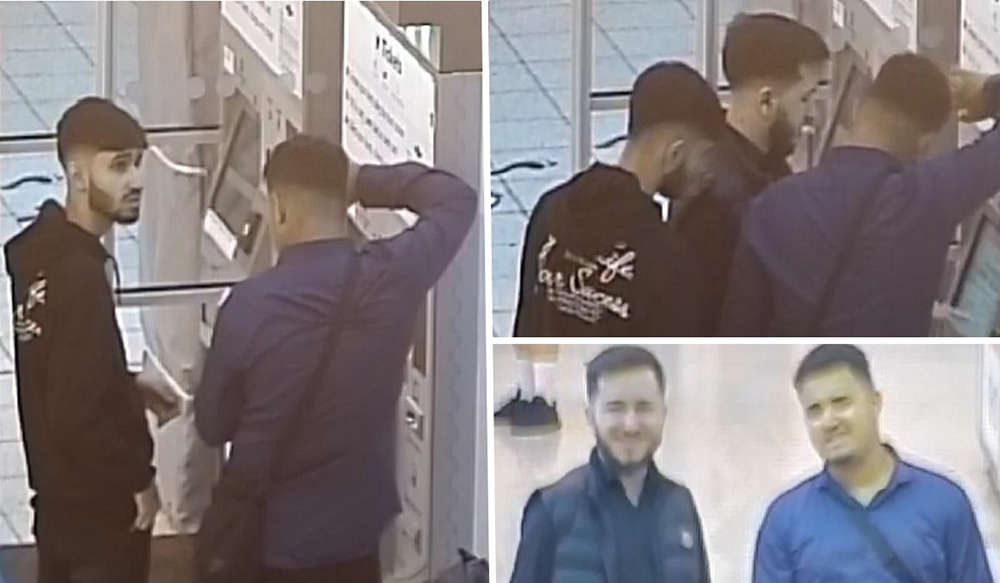 Photos Issued As Police Investigate Alleged Rape Of Teen Girl On Brighton Beach
Photos Issued As Police Investigate Alleged Rape Of Teen Girl On Brighton Beach
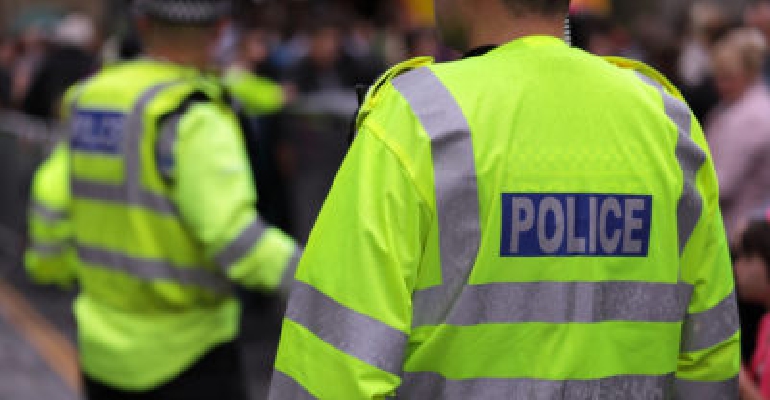 13 Year Old Hospitalised In Hastings Attack As Police Begin Investigation
13 Year Old Hospitalised In Hastings Attack As Police Begin Investigation
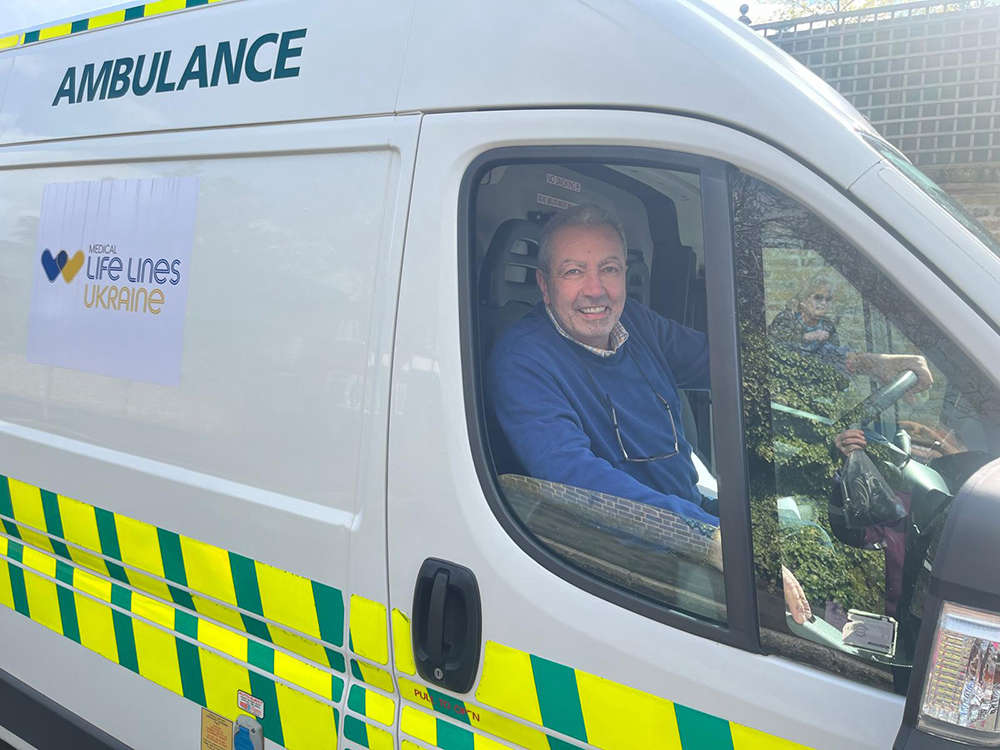 Brighton And Hove Superfan Begins Work To Get Ambulances To Ukraine Frontline
Brighton And Hove Superfan Begins Work To Get Ambulances To Ukraine Frontline
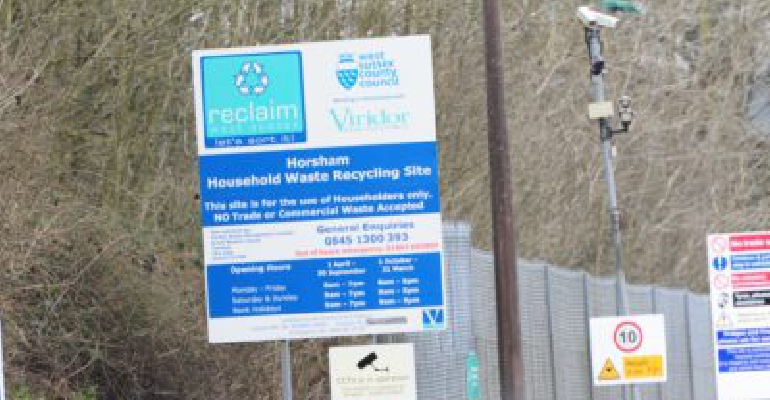 Winter Hours For Recycling Centres Across West Sussex
Winter Hours For Recycling Centres Across West Sussex
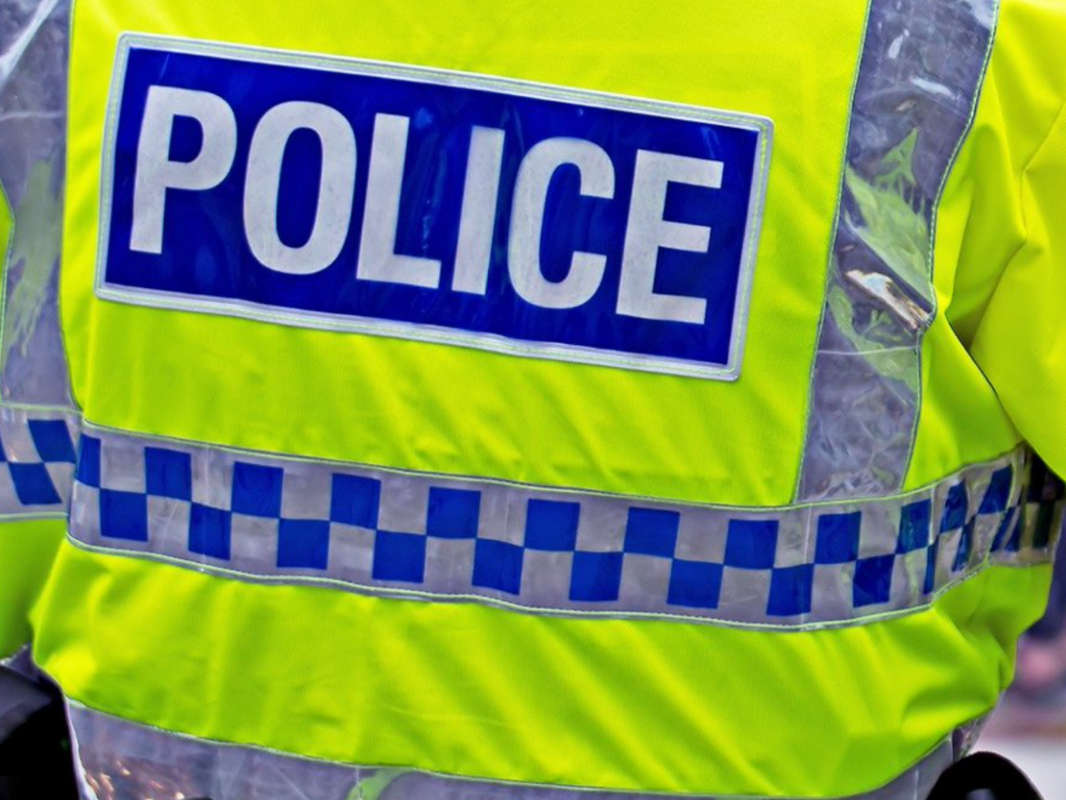 Boy Charged Following Alleged Worthing Assault
Boy Charged Following Alleged Worthing Assault
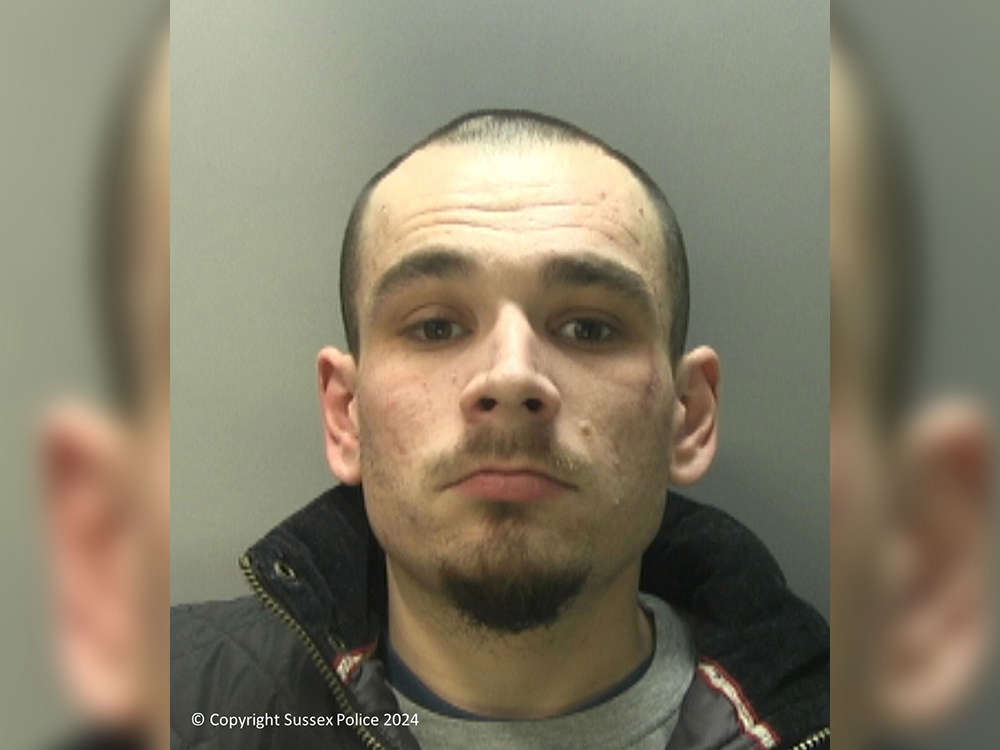 Hastings Man Sentenced Over East Sussex Arson Attacks
Hastings Man Sentenced Over East Sussex Arson Attacks
 Woman Sentenced After Stabbing And Pouring Bleach Over Victim
Woman Sentenced After Stabbing And Pouring Bleach Over Victim
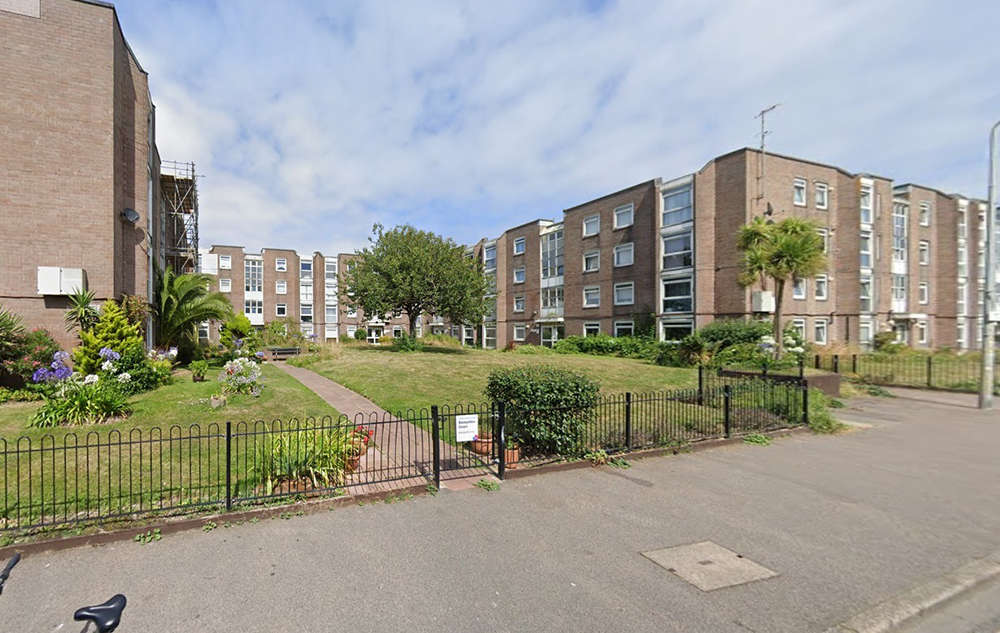 Brighton And Hove Council Criticised Over Antisocial Behaviour Action
Brighton And Hove Council Criticised Over Antisocial Behaviour Action
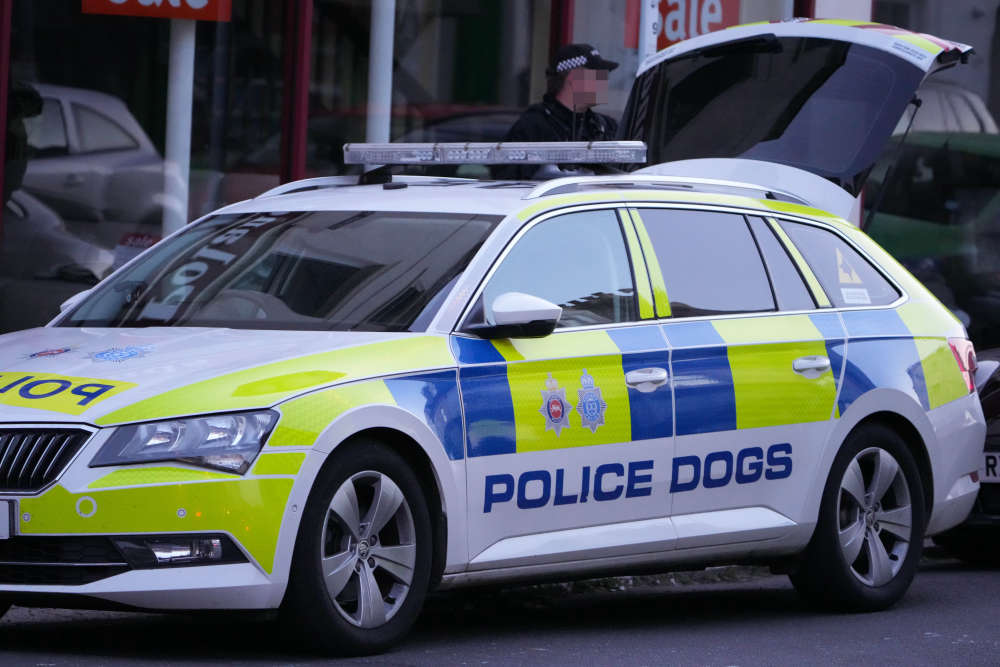 15 Year Old Victim Of Alleged Robbery In Eastbourne
15 Year Old Victim Of Alleged Robbery In Eastbourne
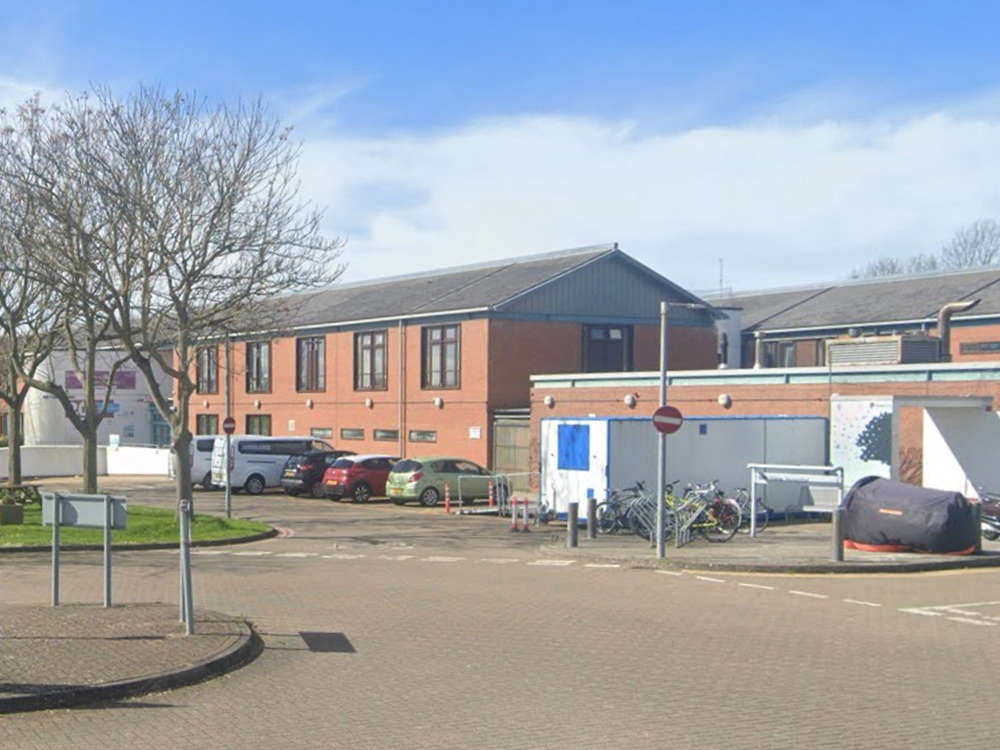 Watchdogs Raise Concerns Over Loss Of Dementia Beds In Brighton And Hove
Watchdogs Raise Concerns Over Loss Of Dementia Beds In Brighton And Hove